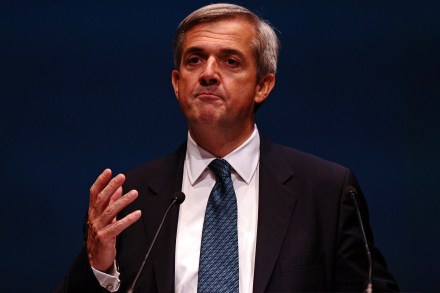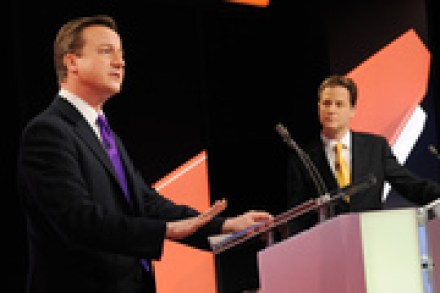How a degree of separation will strengthen the coalition
Almost a year ago, David Cameron and Nick Clegg staged their love-in at the Downing Street rose garden. As I say in the News of the World (£) today, this era is now at a close. When they come back from the 5 May elections, Clegg and Cameron have agreed that they cannot go on as before. An agreement has been struck for an amicable separation. Not divorce — the coalition will keep going. But Cameron and Clegg will put clear blue (and yellow) water between them and drop the pretence that they agree on everything. The coalition is about to enter its Phase Two. Clegg’s analysis is that














